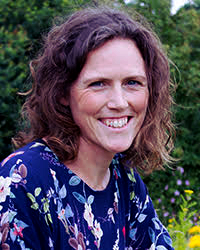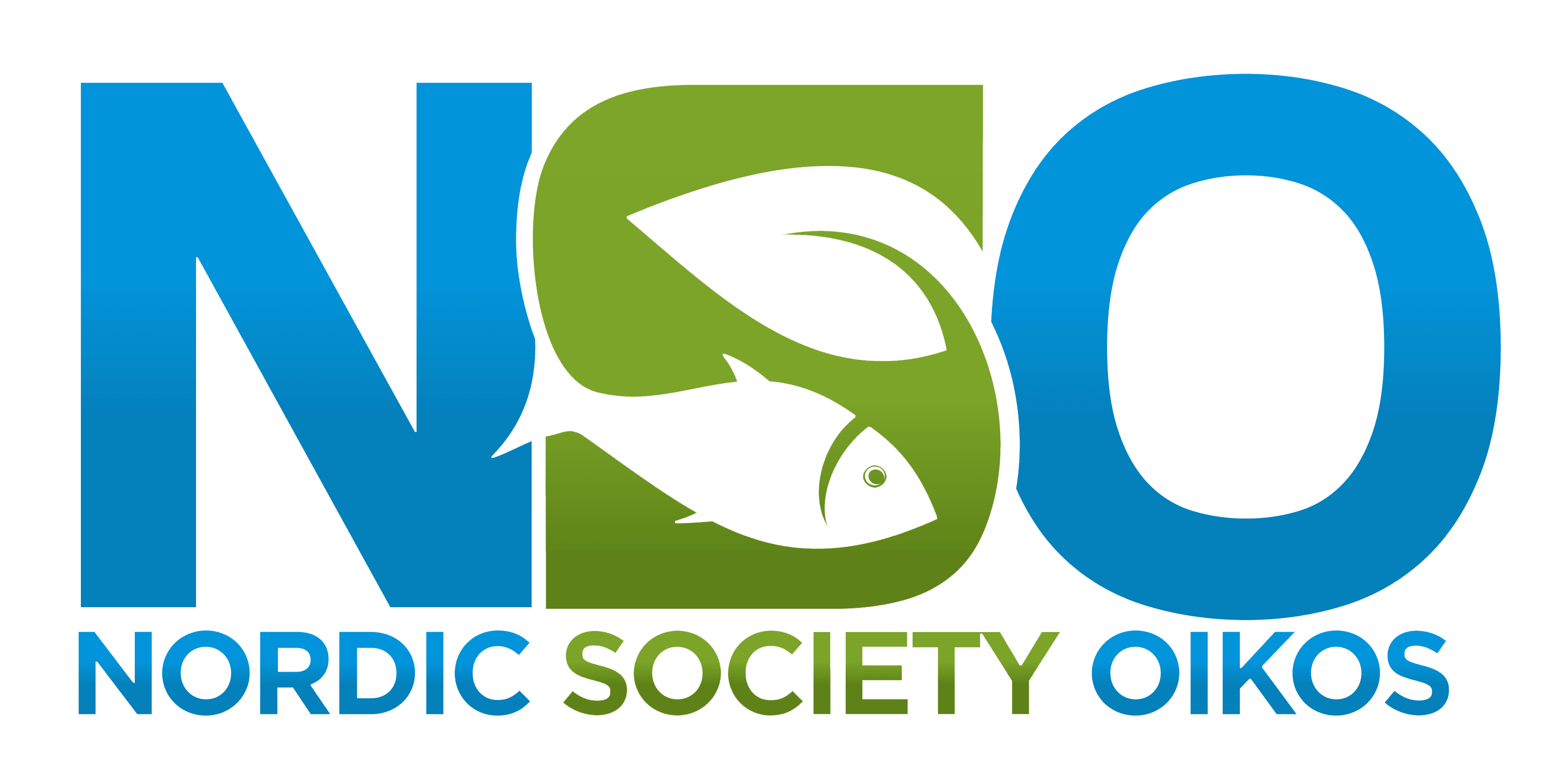Meet the National Chairs: Signe Normand, Denmark
Meet the chairs of our five national societies! The chair of Oikos DK is Signe Normand, Professor at Aarhus University in Denmark.
 Hi, Signe! How would you describe your national society and its members?
Hi, Signe! How would you describe your national society and its members?
Danish Society OIKOS is a diverse and inclusive group of early career and senior scientists from a broad variety of different research disciplines. The board members represent all of the major universities in Denmark, and OIKOS-DK most of all seeks to provide a unique platform for early career researchers to increase their visibility and engage them in the network.
What are your aspirations as chair? Any recent or upcoming developments that you are especially excited about?
First, I look forward to welcoming NSO members to Aarhus in January! It will be wonderful to listen to all the exciting research within the field of ecology and evolution. OIKOS-DK is currently a relatively small society, and as chair I hope to contribute to making it the main network for researchers and students in Ecology and Evolutionary Biology within Denmark. Such a network will help provide a place for developing innovative ideas and interdisciplinary collaborations, and potentially bring all sub-fields forward faster and lead to new findings—findings that could be essential for recovering biodiversity and ecosystems under global change. Supporting Early Career Scientists is also very dear to my heart, and I really hope that a strong and inclusive OIKOS-DK will be able to support and inspire the next generation of researchers to follow their curiosity and develop excellent careers, both inside and outside academia. Last, we need to foster a diverse society, where all, independent of their gender, sexual orientation, religion, etc., have the same opportunities to follow their curiosity for the wonders in nature—the wonders that we in NSO OIKOS are all fascinated to understand deeper.
What do you like about being part of the Nordic ecological societies?
Scientific discussions with great scientists across fields. The NSO provides a very valuable platform for ecological and evolutionary research in the Nordic countries.
Any comments on the role of our societies within the big picture of global ecology and its applications in the 21st century?
With increased human pressure on nature there is a need for our societies to continue to collaborate and discuss how our fundamental and applied science can inform decision-making. With a rapidly changing world, we need to think fast and together. Our societies should work towards assuring the best possible scientific basis for providing and implementing the solutions to halt the degradation of the biosphere.
What is your professional focus?
I am a vegetation ecologist and macro-ecologist. My work is focused on answering fundamental questions in ecology and providing methodological progress that informs about the impact of global change on biodiversity and ecosystems. I love exploring and combining new methods to obtain new information. Overall, my research has four main components: (i) empirical studies to gain fundamental insight on the factors and processes that determine ecological patterns and responses across time and space – mainly in Temperate to Arctic environments, (ii) methodological improvements of models of species’ past and future range dynamics, (iii) facilitating cross-scale integration by applying drone-, air-, and satellite-borne remote sensing to monitor, understand, and predict ongoing changes, and (iv) exploring the co-benefits and trade-off between multiple pressures on biodiversity and how we can prioritize landscapes to halt the loss of biodiversity, and at the same take climate action and assure biobased resources for a growing global population.
What’s going on now in your life or work?
In March I started a new research center, Center for Sustainable Landscapes Under Global Change. Super exciting to get started and welcome many early career scientists. I was recently appointed Chair of the first Danish Biodiversity Council in Denmark, which has experts from terrestrial, freshwater, and marine ecosystems, socio-economics, stakeholder involvement, and law. Together we will provide scientific advice on Danish nature and biodiversity to the government and parliament. I look very much forward to this. It is very exciting.
What's one way your life or work changed in the pandemic, for better or worse?
Generally for the worse. Time got so limited. Some experienced more time for research, but that was not the case for me. This was also true for many early career scientists, and we need to remember this in the years to come when we evaluate candidates for grants and positions. I worry that the pandemic might have made it even more difficult for minority groups to pursue an academic career.
Favorite organism/ecosystem: I love open and semi-open habitats, from raised bogs to arctic tundra, calcareous grasslands, and natural coastal dunes. My favorite organism group is plants. My current favorite plant is Carex limosa, a beautiful plant that makes you very happy with its golden and blue-green appearance in nutrient-poor bogs.
Favorite book: A Buzz in the Meadow by Dave Goulson.
Favorite hobby or activity: Hiking, traveling, food on outdoor fires, and creative stuff—sewing and painting.
Meet the other national society chairs:
